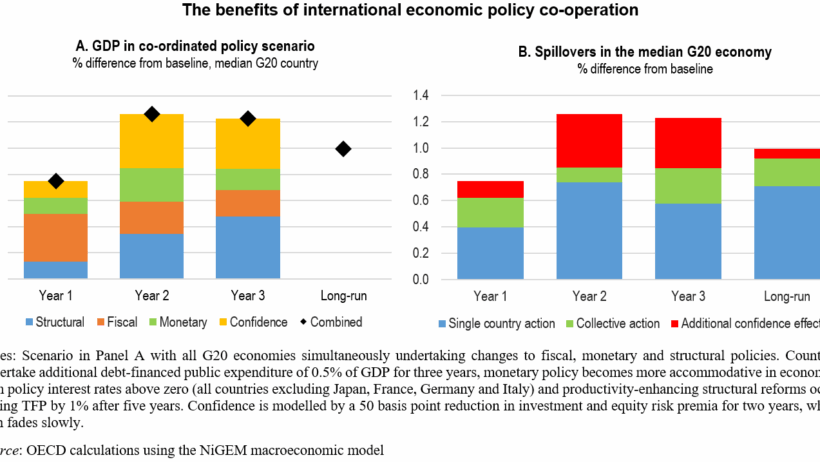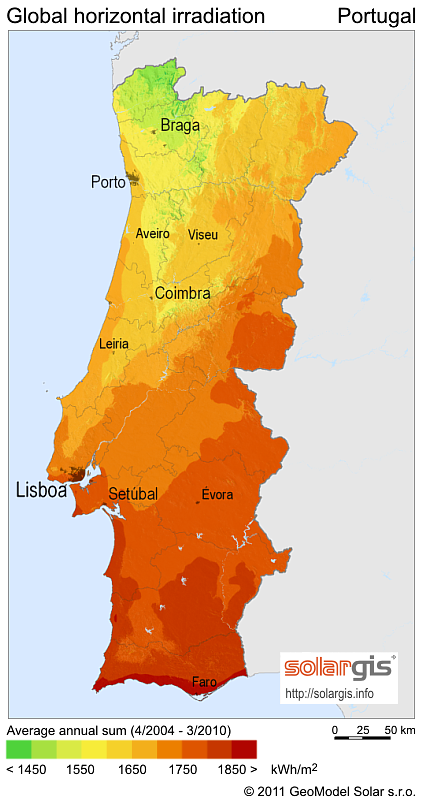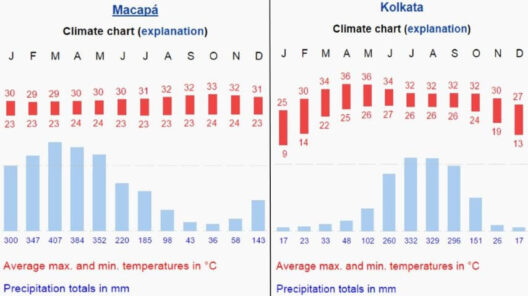The COVID-19 pandemic has initiated an unprecedented global phenomenon, plunging societies into an era characterized by seismic shifts in daily routines and economic structures. However, even amid these challenges, the intersection of the pandemic with environmental concerns, particularly global warming, presents a paradoxical perspective. While the pandemic induced a temporary decrease in greenhouse gas emissions, it simultaneously underscored systemic vulnerabilities and prompted a reevaluation of our relationship with the environment.
The initial phase of the pandemic brought about drastic changes in human activities. Lockdowns curtailed industrial operations, restricted travel, and altered consumption patterns. As businesses shuttered and transportation networks came to a standstill, data revealed a marked decline in carbon dioxide (CO2) emissions. Notably, estimates indicated that global emissions dropped by roughly 7% in 2020, a reduction not seen since World War II. Major urban centers, typically enveloped in a haze of pollution, experienced clearer skies for the first time in decades. Wildlife ventured into deserted cities, reclaiming habitats once dominated by human activity.
Despite these temporary improvements, the reductions in emissions were not a signal of sustainable progress. The phenomenon, known as “The Pandemic Paradox,” elucidates the complex relationship between public health crises and environmental agendas. The short-lived decrease in emissions derived from an abrupt halt in economic activities, rather than a fundamental shift in how societies operate. Once restrictions eased, emissions surged back to pre-pandemic levels, often surpassing them as nations sought to revitalize their economies. This rebound illustrates a critical challenge: systemic inertia in our industrial frameworks continues to favor carbon-intensive practices.
The pandemic effectively served as a magnifying glass, revealing the environmental inequalities embedded within societies. Vulnerable populations often suffer disproportionately from both health crises and ecological degradation. Communities of lower socio-economic status faced heightened risks during the pandemic, exacerbated by existing environmental injustices. Pollution, inadequate access to clean water, and substandard healthcare services are intertwined issues that further complicate recovery efforts. Thus, while the pandemic temporarily alleviated environmental stressors, it simultaneously highlighted the urgent necessity for inclusive climate policies that address these disparities.
Furthermore, the economic repercussions of COVID-19 invoked a critical discourse around stimulus measures. Governments worldwide grappled with the dual mandate of economic recovery and climate action. Policymakers were presented with a unique opportunity to reimagine growth trajectories that align with sustainability goals. Progressive investment in renewable energy, public transportation, and green infrastructure emerged as viable pathways for engendering a robust recovery, one that is resilient to future environmental perturbations. The potential for a “green recovery” raised aspirations for systemic change, yet the prevalent inclination towards quick fixes often sidesteps more ambitious climate initiatives.
As vaccination campaigns progressed and economies began to reopen, the confluence of the pandemic and climate change became undeniable. Extreme weather events, exacerbated by a changing climate, served as a grim reminder of the stakes at hand. Wildfires, floods, and hurricanes intensified, resonating with vulnerable populations and highlighting a pressing need for strategic climate adaptation measures. The pandemic reminded us that the health of our planet is inextricably linked to human health; climate-induced disasters can aggravate public health crises by straining healthcare systems already beleaguered by COVID-19.
Moreover, the pandemic altered public perceptions of environmental issues. As people were confined to their homes, a notable shift in awareness occurred regarding the interconnectedness of global systems. Social media platforms became crowded with discussions surrounding sustainability. The concept of “climate anxiety” gained traction as individuals grappled with the daunting realities of climate change juxtaposed against the backdrop of a global pandemic. Citizens began to demand action, resulting in increased activism and a burgeoning push for accountability from corporations and governments alike.
However, the path forward is not without its challenges. Disinformation campaigns surrounding climate change, amplified during the pandemic, pose a significant threat to progressive climate action. As misinformation permeates public discourse, it undermines efforts to galvanize support for sustainable policies. The clash between economic expediency and environmental stewardship often pits short-term gains against long-term sustainability, necessitating vigilant advocacy and education.
To forge ahead, global cooperation is paramount. Climate change knows no borders, and collaborative efforts are essential for devising effective strategies to combat its repercussions. As nations navigate recovery from the pandemic, they must embrace collective responsibility for the planet. The promotion of international agreements, such as the Paris Agreement, remains critical for coalescing efforts towards ambitious emissions reductions and equitable climate policies.
In summary, the COVID-19 pandemic has elucidated both the fragility and resilience of environmental systems. While temporary reductions in emissions offered a beacon of hope, they also illuminate the challenges that lie ahead. The interplay between pandemic recovery and climate action underscores the necessity for integrated frameworks that prioritize both economic revitalization and environmental sustainability. The path forward necessitates not only turbulent unlearning of old habits but also the embracing of innovative approaches to ensure a thriving planet for generations to come. The dual crises of the pandemic and climate change compel us to reevaluate our priorities, forging a new narrative that champions the health of people and the planet.








